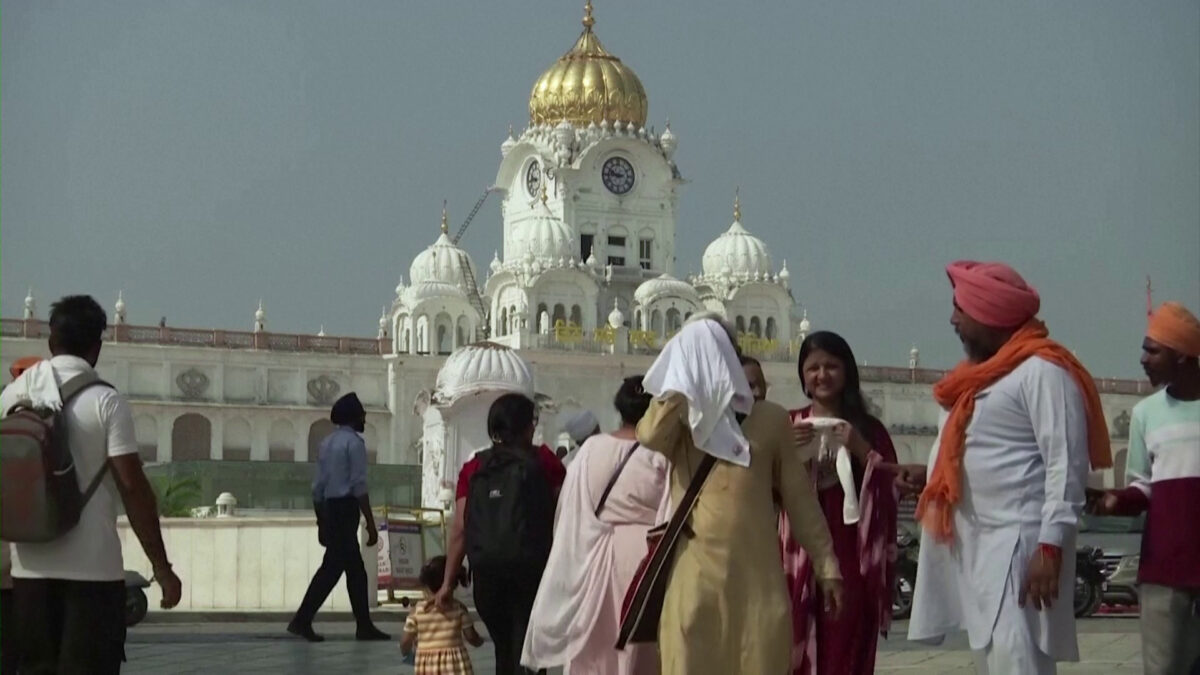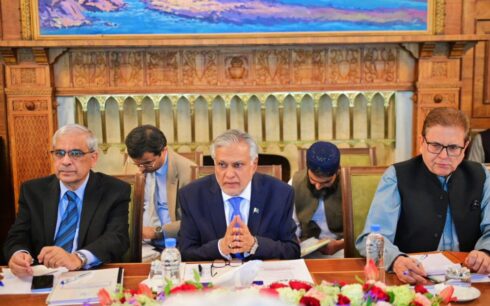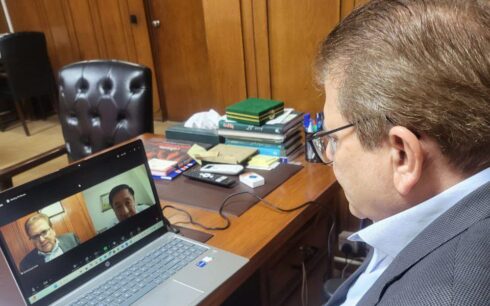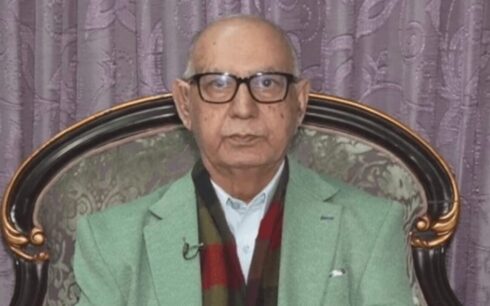A bitter dispute between India and Canada regarding the murder of a Sikh separatist is causing apprehension in Punjab. Sikhs in the region fear potential repercussions from India’s Hindu-nationalist government and are worried about their opportunities for a better life in North America.
Hardeep Singh Nijjar, a plumber who immigrated to Canada a quarter-century ago and became a Canadian citizen, was fatally shot in June outside a temple in a Vancouver suburb, where he was a prominent separatist leader among the Sikh community.
Canadian Prime Minister Justin Trudeau recently stated that Ottawa possesses “credible allegations” linking Indian government agents to the killing.
India, which labeled Nijjar a “terrorist” in 2020, vehemently rejected the accusation as “absurd.” In response, India expelled the head of Canadian intelligence in India, issued travel advisories, halted visa issuance to Canadians, and downsized Canada’s diplomatic presence in India.
Sikhs constitute only 2% of India’s 1.4 billion population, but they form the majority in Punjab, a state with 30 million inhabitants where Sikhism originated 500 years ago. Outside of Punjab, Canada hosts the largest Sikh community, which has been a focal point for protests that have ruffled India.
India quashed an insurgency seeking a Sikh homeland called “Khalistan,” resulting in tens of thousands of casualties during the 1980s and ’90s. However, embers of the independence movement still smolder, particularly within the Sikh diaspora.
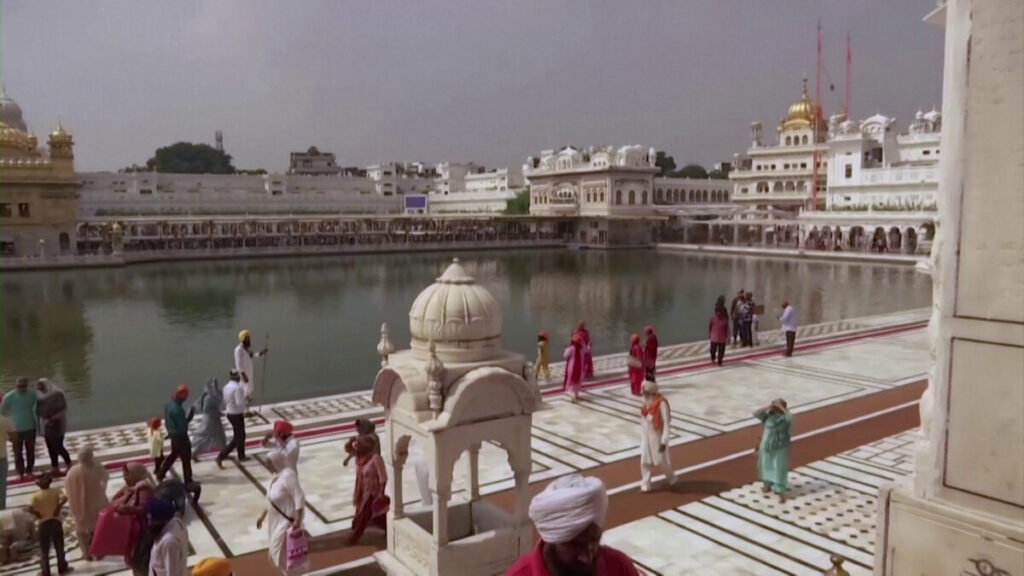
In Bharsinghpura, Nijjar’s hometown, there are few personal recollections of him, but the ongoing dispute between Canada and India has left people anxious.
“It is a Sikh issue because many people have migrated to Canada. Our relations with Canada are closely tied to Sikhs, and hence, this will significantly affect the Sikh community,” remarked Gurucharan Singh Grewal, a senior Sikh leader and General Secretary of the Shiromani Gurdwara Parbandhak Committee, the top Sikh religious organization, as quoted by Reuters.
India is the largest source of international students in Canada, with their numbers surging by 47% last year to reach 320,000.
While some students and their parents express concerns about how the dispute might impact their educational prospects, others are contemplating its potential implications for Sikhs in India.
Quoted by Reuters, Sandeep Singh, a 31-year-old resident of Nijjar’s village, noted that Prime Minister Narendra Modi’s Hindu-nationalist Bharatiya Janata Party (BJP) government has created “an atmosphere of fear,” particularly among young people. He added, “If we participate in a protest, parents wouldn’t want their children to be involved because they fear their children could meet the same fate as Nijjar in Canada.”
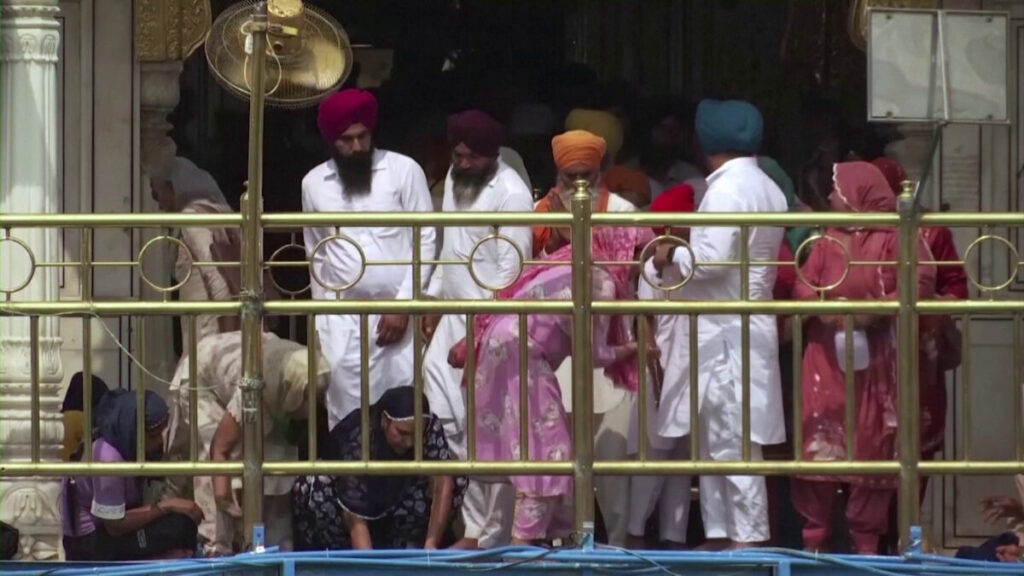
Kanwar Pal, the political affairs secretary of the radical separatist Dal Khalsa group, which advocates for a separate homeland, stated, “Anyone who fights for Khalistan is fighting for the right to self-determination and the right to a plebiscite in Punjab. India perceives these Sikhs as their enemies and targets them.”
According to Reuters report, a spokesperson for the BJP declined to comment on the allegations.

